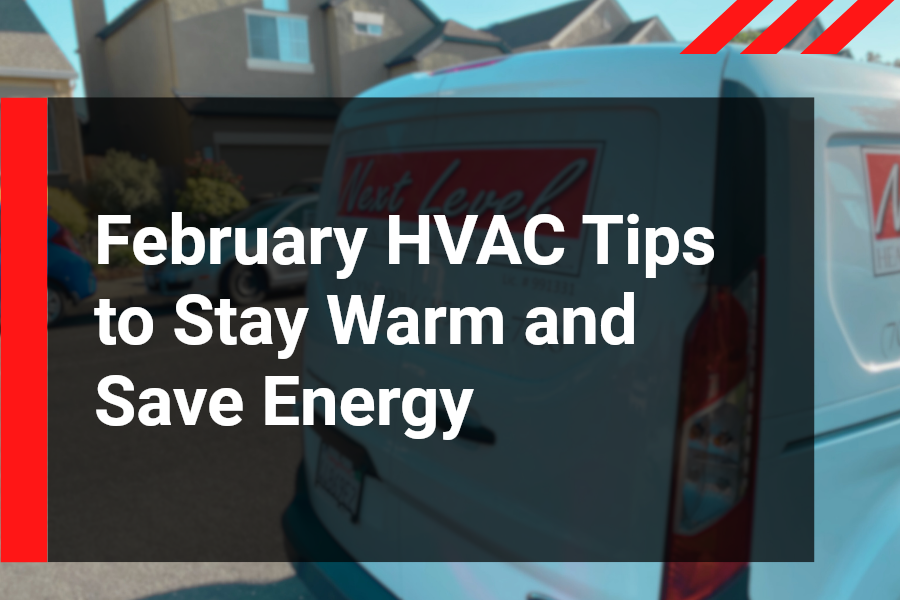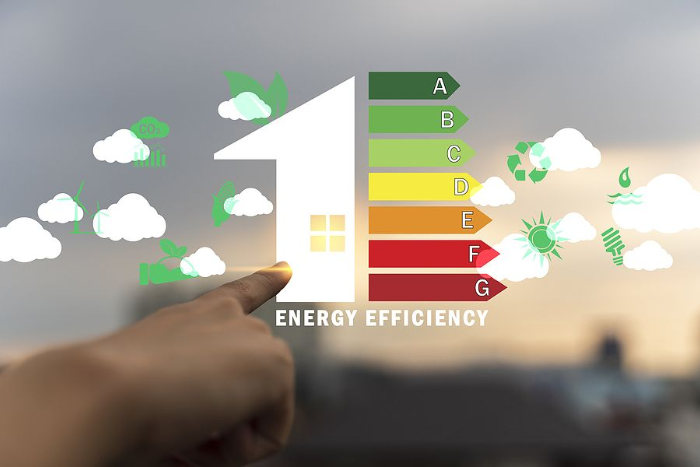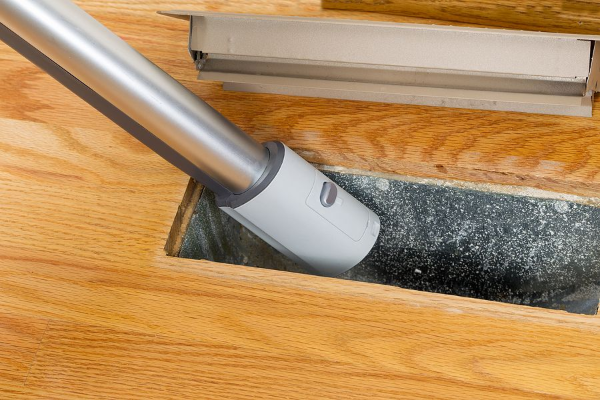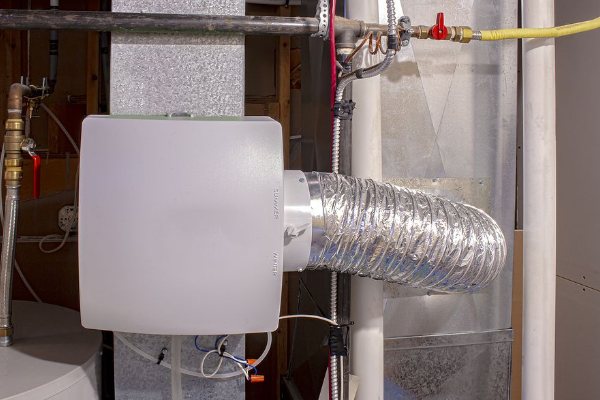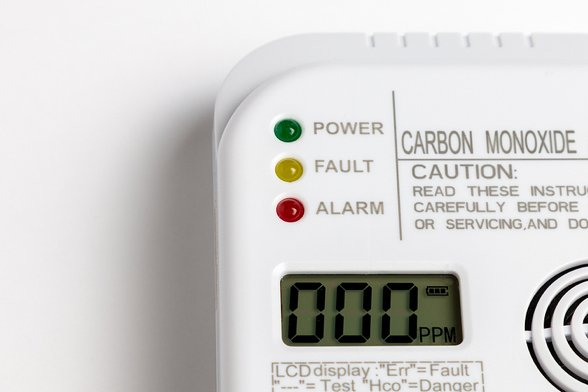How Often to Replace Your HVAC Filter (and Why It Matters)
Life can get busy, and with everything happening around you, it’s easy to overlook tasks like changing the filters in your HVAC system. However, neglecting this routine maintenance can lead to bigger, more costly problems down the road. In this guide, we’ll explain why HVAC filter replacement matters and offer helpful tips for keeping your system running efficiently.
What Factors Impact the Frequency of HVAC Filter Replacement?
Determining how often to change your air filter is not a one-size-fits-all decision. Several factors can influence how quickly your filter degrades.
Usage
The more you use your HVAC system, the more frequently you’ll need to replace your filter. During peak heating or cooling seasons, when your system runs constantly, the filter works harder to trap dust, dirt, and debris. As a result, you’ll need to replace it more frequently.
Climate
Your location significantly affects how often your HVAC filter needs replacing. Different climates present unique challenges.
- Higher humidity encourages bacterial and mold growth on filters, reducing their efficiency.
- Dusty or dry climates have more airborne debris, which can clog your filter more quickly.
- Extreme seasonal changes increase your HVAC system’s usage, requiring more frequent filter changes.
- Wildfires create smoke and ash buildup, so it’s important to replace your filter afterward.
Being mindful of how your local climate affects your system will help you determine the appropriate replacement schedule.
Pets
Pets bring extra dirt, fur, and dander into your home, which can clog your HVAC filter faster. If you have pets, you’ll need to replace your filter more frequently. Pet dander can also affect air quality, especially for people with allergies or respiratory concerns.
Air Quality
If you live in an area with poor air quality, such as a city with heavy traffic or industrial pollution, your HVAC filter will need to work harder to filter the air. More pollutants in the air mean your system needs a new filter sooner.
What Are the Consequences of Neglecting HVAC Filter Replacement?
Forgetting to replace your HVAC filter may not seem like a big deal, but over time, it can create a chain reaction of problems throughout your home. Here’s a closer look at the main consequences of skipping regular filter changes.
Higher Bills
A clogged filter forces your HVAC system to work harder, such as making your AC run constantly, leading to higher energy bills. Regular filter replacement keeps your system running efficiently and helps control your energy costs.
Worsening Air Quality
The main job of your HVAC filter is to keep the air in your home clean by trapping dust, allergens, and other particles. If your filter is clogged, it can’t do its job properly, leading to worse indoor air quality. This can exacerbate respiratory issues, allergies, and asthma.
Strain on the System
When your filter is clogged, your HVAC system has to work harder to push air through it. This can lead to strain on the system, resulting in damage and costly repairs. Regularly changing the filter reduces the load on your system, helping it last longer and preventing unnecessary breakdowns and other common winter furnace issues.
How Do You Choose the Correct HVAC Filter Replacement?
Selecting the right filter is key to maintaining HVAC efficiency. Consider these factors:
- MERV Ratings: Higher MERV ratings capture smaller particles. MERV 8-13 works for most homes, but if you have allergies or asthma, choose a higher rating.
- Size: Ensure the filter’s size matches your system’s requirements. It’s usually printed on the existing filter, or you can measure it.
- Type: Non-pleated fiberglass filters are cost-effective for mild climates, but pleated filters capture more particles and are ideal for areas with more debris or if you have allergies.
- Choosing the right filter ensures your system runs smoothly and your indoor air quality stays healthy.
When Should You Call a Professional to Help With Your HVAC Filter Replacement?
Although changing your HVAC filter is often a DIY job, there are times when it’s better to call a professional. If you have trouble locating or removing your filter, or if problems persist after replacing it, it’s time to seek expert help for any needed furnace services. An HVAC technician can assess your system and make sure it’s working properly.
Call Next Level HVAC For High-Quality HVAC Filter Services
If you’re unsure how to replace your HVAC filter or have concerns about your system’s performance, don’t hesitate to reach out to a professional. At Next Level HVAC, our experienced team is ready to assist with all your HVAC needs. Contact us online or at (707) 228-9921 to get started.


